2013 Conference
The 9th Annual CamTESOL Conference was held at the National Institute of Education (NIE). The conference was all day on Saturday 23 February and the morning only of Sunday 24 February. The theme of the conference was Language and Empowerment.
The conference was opened by H. E. Im Sethy, Minister of the Ministry of Education, Youth and Sport (MoEYS). Registration for the conference totalled 1,540, of whom 1,462 registered for and attended on both days of the conference. Of total registrations, 958 were Cambodians. 582 participants came from around 33 countries specifically for the event. There were 454 provincial teachers at the conference sponsored by various individual and institutional donors.
Additional activities included:
- An Orientation Program for teachers from the provinces
- A Presenters’ Warm Up function
- Educational Site Visits
- Regional ELT Research Forum
- Regional ELT Leadership Forum
- The Conference Dinner
The conference had a total of 376 presentations including papers, workshops and posters. The two plenary speakers were Professor Paul Nation and Dr Richmond Stroupe.
Plenary Speaker |
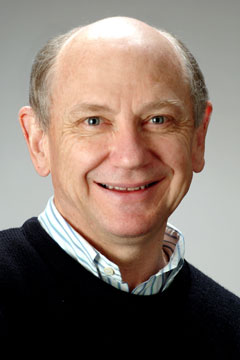 | Prof. Paul Nation
Professor Emeritus of Applied Linguistics,
School of Linguistics and Applied Language Studies,
Victory University of Wellington,
New Zealand | |
“What every EFL teacher should know” This paper looks at the most important things that an EFL teacher should know. This involves both planning a course and presenting the course. There is now considerable research which provides guidance on what should be in a course and how it can be learned. This paper tries to prioritise the findings of research in terms of practical activities in the classroom. The most important thing a teacher can do is to ensure that the learners get large quantities of engaging comprehensible input. For learners at an elementary or low intermediate level it does not matter too much if this input is written or spoken. The second most important thing a teacher can do is to make sure that the learners become fluent in what they already know. Deciding on the most important things a teacher should know and do is to a large degree deciding on the role of the teacher.
Prof. Paul Nation is Emeritus Professor of Applied Linguistics in the School of Linguistics and Applied Language Studies at Victoria University of Wellington, New Zealand. He has taught in Indonesia, Thailand, the United States, Finland, and Japan. His specialist interests are language teaching methodology and the teaching and learning of vocabulary.
A four book series Reading for Speed and Fluency appeared from Compass Publishing in 2007 as well as a six book series called 4000 Essential English Words in 2009. His latest books on vocabulary include Learning Vocabulary in Another Language (2001) published by Cambridge University Press, Focus on Vocabulary (2007) from NCELTR/Macquarie,and Teaching Vocabulary: Strategies and Techniques published by Cengage Learning (2008). Four books, Teaching ESL/EFL Listening and Speaking (with Jonathan Newton),Teaching ESL/EFL Reading and Writing, and Language Curriculum Design and Case Studies in Language Curriculum Design (with John Macalister) have recently appeared from Routledge.
His latest book is Researching and Analysing Vocabulary (2011) (with Stuart Webb) from Heinle Cengage Learning. |
Plenary Speaker |
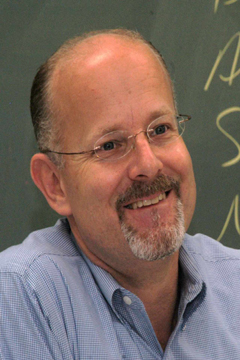 | Dr. Richmond Stroupe
Chair of the Master’s Program in International Language Education: TESOL
Soka University,
Japan | |
“The language educator and globalisation: How do we best prepare our learners?” The process of globalisation and increasing interconnectedness through technology, media, and institutional exchanges is leading to greater opportunities and mobility for our students. In response, in an effort to adequately prepare our learners, the nature of our language classrooms is changing. While still based on the fundamentals of improving linguistic understanding and proficiency, emphasis is increasing on the broader role of language classes and language educators focusing on preparing our graduates to enter a global workforce, and developing the concept of global citizenship. As a result, the new and increasing number of expectations placed on our profession lead to new challenges and opportunities for our students and ourselves as language educators. While all of these trends globally affect language instruction in many contexts, the emphasis takes on specific importance for Southeast Asian countries like Cambodia, as ASEAN plans on developing a more fully integrated economic community by 2015. How do we as language educators prepare our students for regional and international opportunities in such a time of fast-paced change, increased expectations, and global competition? During this presentation, some current and innovative approaches implemented to address the new challenges which globalisation and internationalisation have placed on the delivery of English language instruction will be discussed. Richmond Stroupe has worked with university and professional language learners from Asia since 1989. He received his Bachelor of Arts from Wake Forest University (USA) and has a Master’s of Science from Florida State University (USA). He received a PhD in International Comparative Education (Administrative Policy and Planning) from the University of Southern California (USA). Richmond is currently the Chair of the Master’s Program in International Language Education: TESOL at Soka University, Japan. He is professionally active in Japan, with the Japan Association for Language Teaching as the Chair of the association’s International Affairs Committee, and internationally, with TESOL Organization in the United States, as the outgoing Chair of the Standing Committee on Standards, and in Cambodia with CamTESOL, as a member of the international mentor group and Conference Planning Committee. Also, he is the Editor-in-Chief of the IDP Education sponsored Language Education in Asia publication, an internationally peer-reviewed online journal focusing on language education research and practice in the region. He actively conducts workshops, publishes and presents on professional activities and research projects, which currently include the use of international standards as internal evaluative tools, teacher collaboration, and the investigation of student expectations, motivation and perceptions of language learning in varying national contexts in Asia. His research interests also include teacher education practices, curriculum and professional development, and developing learners’ critical thinking skills. |
Featured Speaker |
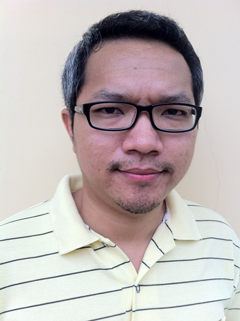 | Mr. Sovannarith Lim
Teacher Educator,
Institute of Foreign Languages,
Royal University of Phnom Penh,
Cambodia | |
“Exploring Learners' L2 Errors: An analysis of undergraduate EFL students' written compositions” Setting out to explore and explain second language errors, the present study analysed 112 compositions written in English by 34 undergraduate Cambodian learners of English. The analysis revealed 10 error types that make up four main categories of error: semantic error, lexico-grammatical error, syntactic error, and mechanic error. Two major factors have been proposed to explain the 2974 erroneous instances identified in the compositions-(1) first language transfer and (2) imperfect acquisition of the target language features. There is more to say about the learners’ errors as problems the learners themselves are encountering. The errors can be viewed as the learners’ strategies to communicate in the target language. Pedagogical and theoretical implications are provided, drawing upon the findings in this study. In light of the limitations of the present study, future research is outlined.
Mr. Sovannarith Lim is doing his PhD in Education (TESOL) at the University of New South Wales, Sydney, Australia. His research project focuses on language teachers’ cognitions and vocabulary pedagogy in a non-native English speaking context. A teacher educator at the Institute of Foreign Languages of the Royal University of Phnom Penh, Mr. Lim has been handling such courses as Applied Linguistics, Language Teaching Methodology, Academic Writing for Graduate Students and Methodology of Teaching Reading and Writing. His current research interests include second/foreign language teacher education, especially teacher cognition; motivation in second language learning; cognitive linguistics in second language acquisition; and systemic functional linguistics in translation (studies). |
Featured Speaker |
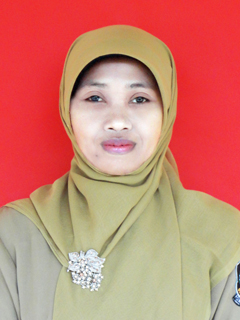 | Ms. Hidayati Any Eka Nur
English Teacher,
SMKN 1 Banyuwangi, Java
Indonesia | |
“Teaching visual grammar to EFL students.” In the context of Indonesia, EFL learners have difficulty applying grammar to communicative uses in context. Most learners consider learning grammar as a nightmare, and even learning this micro skill is seen to be boring. In response to this ever growing need, the presenter would like to propose a framework for visual grammar instruction in order to assist students in understanding and using grammar for communicative purposes. To begin with, the presenter will discuss the nature and rationale for using the proposed framework for teaching grammar in the context of EFL classrooms. Then, she will depict the criteria of selecting visual media for grammar instruction and reasons for using media in the classroom. In this section, the presenter will supply attendees with authentic visual media easily available online. She will close her presentation by describing practical ideas about the implementation of visual grammar instruction in the classroom.
Ms. Hidayati Any Eka Nur has taught English as a foreign language (EFL) at a vocational school based in Banyuwangi, East Java. She has participated in some training as part of her professional development. Her research interests are in teaching grammar and vocabulary instruction. |
Featured Speaker |
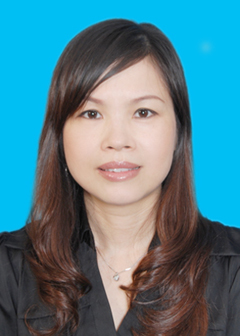 | Ms. Le Thi Cam Nguyen
English Language Institute Teacher,
Ho Chi Minh City Campus, Vietnam,
Victoria University of Wellington,
New Zealand | |
“What does every teacher interested in learner autonomy need to know?” The talk focuses on two main issues including an operationalised concept of learner autonomy (LA) and an approach to promoting it. Within the LA field, a large number of terms are used to refer to an almost identical concept. This causes confusion on the scale of evaluation and measurement of LA, especially to novice researchers and practitioners. An operationalised definition, which consists of self-initiation and self-regulation, seems to be essential to researching and measuring LA. To foster LA, strategy-based instruction (SBI) in the form of training learners in task-specific metacognitive self-regulation was incorporated into the academic writing programme of an experimental group. The results of the study indicate that, with intensive instruction, learners would be able to improve their ability to self-regulate for a writing task, and that the self-regulation element of LA can be taught to students. As a learner-based approach to enhancing LA, SBI seemed to be a plausible route. Ms. Le Thi Cam Nguyen is an English Language Institute teacher and teaches on the English Proficiency Programme, at the Ho Chi Minh City campus, of the Victoria University of Wellington, New Zealand. Le Nguyen’s research interests include curriculum and materials design, learner autonomy and language teaching methodology. Her PhD was on learner autonomy and EFL learning at the tertiary level in Vietnam. She is currently working on a project which aims to develop fluency through quick writing. |
The CamTESOL Secretariat gratefully acknowledges the support of the following sponsors to the
9th Annual CamTESOL Conference on Language and Empowerment:
| Principal Sponsor |
 | including: - CClosing Plenary Speaker (Prof. Paul Nation)
- CamTESOL Outreach Program
- CamTESOL Research Grants
- CamTESOL Cambodian Provincial Teachers
|
| Conference Partners |
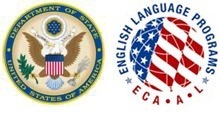 |  |  |
Opening Plenary Speaker (Dr. Richmond Stroupe)
| Presenters' Warm-up
Reception | Regional ELT Leadership Forum |
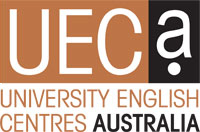
|  | 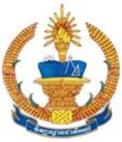
|
Regional ELT Research Forum | Social Functions
| Conference Venue (National Institute of Education)
|
| Sponsors of CamTESOL Regional ELT Research Grants |
 |  |  |
| Sponsors of CamTESOL Outreach Program |
 |
| Sponsors of CamTESOL ASEAN Access Program |
Gold Sponsors
|
 |
Silver Sponsors |
 |
| Sponsors of Cambodian Provincial Teachers |
| Titanium Sponsors |
 |
Platinum Sponsors |
 |
Gold Sponsor |
 | 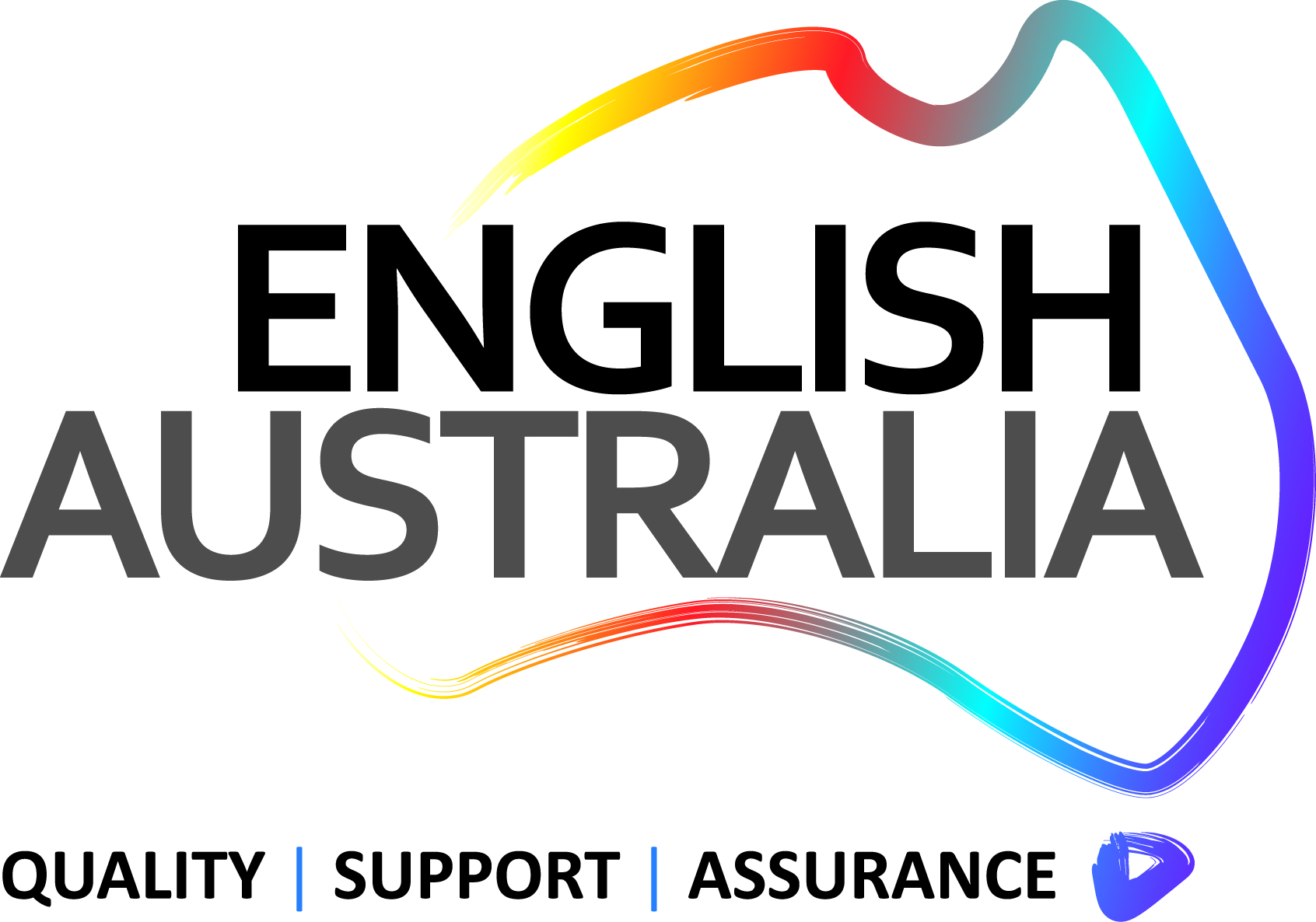 |
Silver Sponsors |
 |  |
Mr Harry Carley
| Ms Kelly Kimura
|
| Prof Jack C. Richards | Prof Seamus Fagan |
Bronze Sponsors |
 |  | |

Osaka Chapter | 
New South Wales Branch |  |
Prof Steven Gershon
| Dr Nicholas Marshall | Prof Evelyn Naoumi
|
| Ms Magaret Miller | Prof Daniel Sasaki
| Susette Burton |
| | Ms Marion Bagot | |
Individual Sponsors
| Mr | Alexander | Worth |
| Dr | Antoon | De Rycker |
| Mr | Arthur | Nguyen |
| Ms | Asako | Takaeusu |
| Ms | Caroline | Bentley |
| Ms | Clare | Magee |
| Prof | Dale | Ward |
| Mr | Dan | Ferreira |
| Ms | Debra | Jones |
| Mrs | Deirdre | Berry |
| Mr | Denver | Craig |
| Mr | Donald | Patterson |
| Mr | Eric | Hall |
| Prof | Erin | Hughes |
| Prof | Fred | Marshall |
| Ms | Gai | Wright |
| Mr | Graham | Flockton |
| Ms | Helen | Fitzgerald |
| Prof | Jay | Ercanbrack |
| Ms | Jody | Shimoda |
| Prof | John | Holthouse |
| Ms | Katherine | Thornton |
| Prof | Koichi | Ando |
| Mr | Layne | Kriwoken |
| Mr | Kevin | Cleary |
| Ms | Linda | Chu |
| Ms | Linda Elizabeth | Doonan |
| Mr | Luke | Rowland |
| Mr | Manfred Delano | Cannegieter |
| Dr | Maria Eva | Salazar-Liu |
| Prof | Marian | Wang |
| Ms | Marie-Claude | Toriida |
| Prof | Matthew | Rooks |
| Dr | Michael | Richards |
| Dr | Muna | Morris-Adams |
| Ms | Oana | Cusen |
| Mr | Oliver | Kinghorn |
| Mr | Richard | O'Loughlin |
| Mr | Richard | Stewart |
| Ms | Salatski | Lana |
| Ms | Shirley | Ando |
| Prof | Sirikul | Marshall |
| Ms | Sok Han | Lau |
| Mr | Steven | Simmons |
| Ms | Tanya | Erdelyi |
| Mr | Tim | Knight |
| Mr | Vincent | Zaniewski |
| Mr | Warren | Merkel |
| Mr | Yuzuru | Haida |
| Ms | Elizabeth | Cole |
For sponsorship and exhibitor opportunities at CamTESOL 2014, keep checking
the CamTESOL website www.camtesol.org